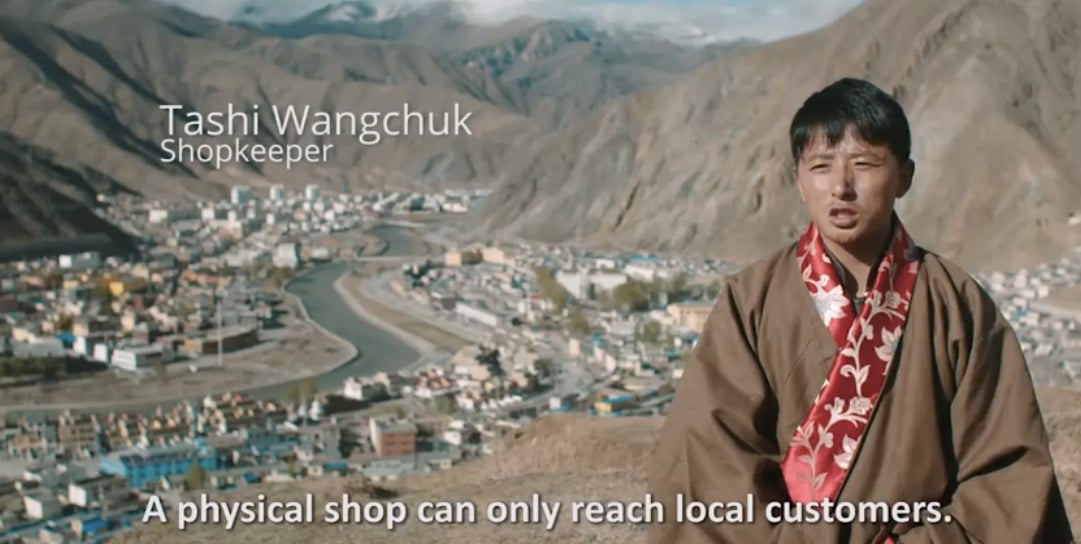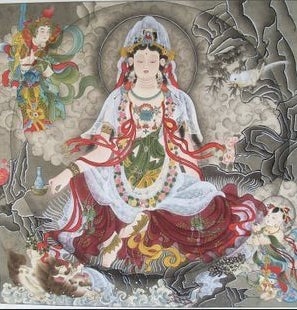The Alibaba IPO is selling foreign investors China without the communism
Chinese e-commerce giant Alibaba’s pre-IPO wooing of investors kicked off in New York this week with an investor presentation at the Waldorf Astoria, complete with an elaborate road show video. It included an intriguing section on ”How Alibaba Has Impacted China:”


Chinese e-commerce giant Alibaba’s pre-IPO wooing of investors kicked off in New York this week with an investor presentation at the Waldorf Astoria, complete with an elaborate road show video. It included an intriguing section on ”How Alibaba Has Impacted China:”
The eight minute segment presents a beautifully shot, pollution-free vision of China driven by entrepreneurial spirit, individuality and a lack of hierarchy—one that might confound US investors who are more used to hearing about Chinese censorship, environmental degradation, and corruption. Founder Jack Ma explains that at Alibaba, “we fight for the little guy, the small businessmen and women and their customers.”

For example, take Ding Hongyu, a disabled painter who sells her intricate and classical-looking portraits of Chinese philosophers and Taoist scenes through a Taobao “art mall,” who said the online shopping platform gave her “hope.” Without it, she asks, “how would I sell my work in this little town? Who would know about me?”
There’s also Tashi Wangchuk, a Tibetan seller of local crafts who felt “isolated from the outside world” before Taobao, but can now reach “customers around the world.” In the southeastern county of Suichang, a “Taobao village” has sprung up, including a stamp collector who is one of the site’s oldest retailers.
This type of heart-tugging nation-boosting is nothing new in advertising, and in Alibaba’s case, it isn’t hyperbole—the company has created millions of jobs, added significantly to China’s consumer sector, and is the poster child for China’s embrace of private enterprise.
But Alibaba’s vision of how the company has impacted China is also notable for what it doesn’t include: a single reference to China’s Communist Party-dominated system of government which, the company notes in its prospectus, could pose significant risks to Alibaba’s future, recently threatened its payment system, and whose offspring may benefit hugely from the IPO.
In Alibaba’s official growth story, the government has been a bit player, except where its patchwork services have spurred the company to innovate. Because the government was relatively hands-off in the e-commerce space, Alibaba was able to create an online shopping juggernaut that reported more than $1 billion in profit last quarter. Alibaba’s founders developed a hugely-successful escrow payment system, in which money isn’t released until buyers get their products—a crucial mechanism to build trust in a country where the rule of law is weak, as the Economist noted. Alibaba is also putting together a massive distribution network to supplant the unreliable postal system.
Still, Alibaba is clearly vulnerable to interference from Beijing, which could leave the company’s future shareholders in a tough position if things turn sour. Ma has been known to tell employees, “be in love with the government, don’t marry it.” Investors who are piling into the company’s IPO—who have reportedly already placed enough offers to cover the entire offering—will have to hope he can walk that line for a long time to come.